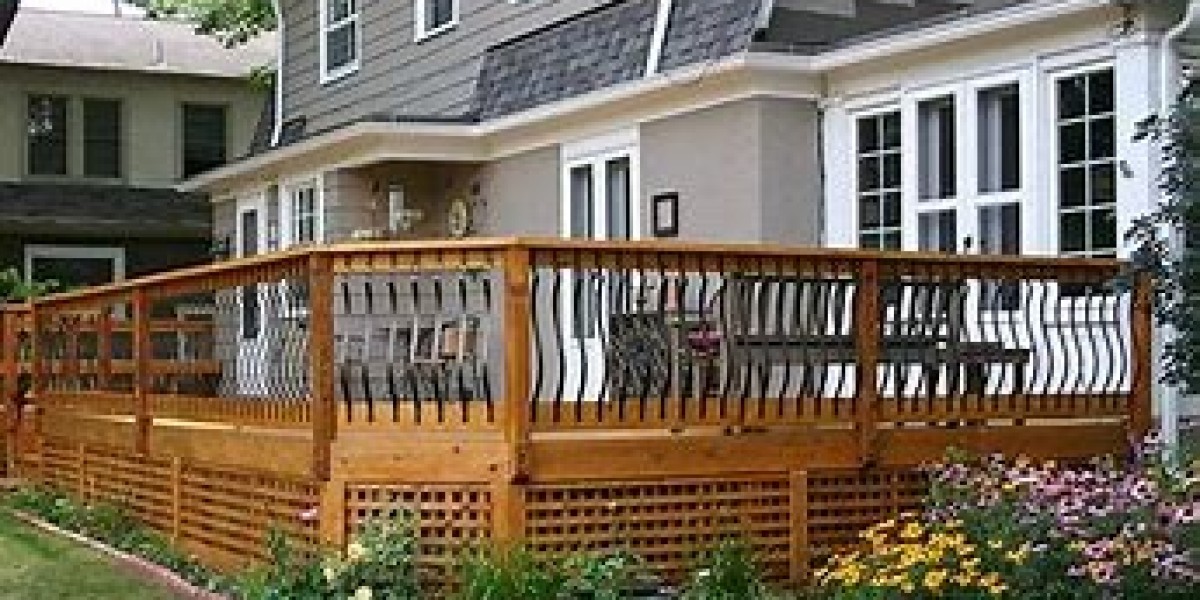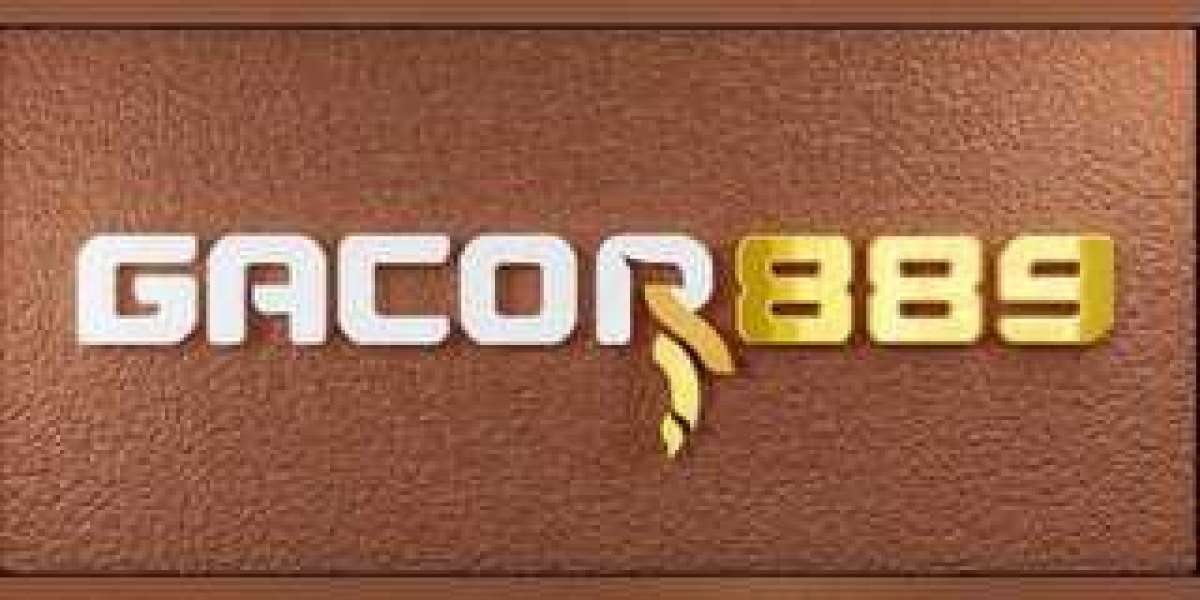Building a deck is an excellent way to enhance your outdoor living space, providing a functional and aesthetically pleasing area for relaxation, entertainment, and gatherings. However, before embarking on this exciting project, it's crucial to understand the factors that contribute to the overall cost of building a deck. In this guide, we will break down the key elements influencing the expenses and offer insights into how you can estimate the cost of constructing your dream deck.
Deck Size and Design: The size and design of your deck play a fundamental role in determining the overall cost. Larger decks with intricate designs or multi-level structures generally require more materials and labor, resulting in higher expenses. Consider the primary purpose of your deck, the number of people it should accommodate, and any specific features you desire.
Materials: The choice of materials significantly impacts the cost of building a deck. Common options include pressure-treated wood, cedar, redwood, composite decking, and PVC. Pressure-treated wood is often the most budget-friendly option, while composite and PVC materials tend to be more expensive but offer increased durability and require less maintenance over time.
Foundation and Framing: The type of foundation and framing system you choose can influence costs. A simple, on-grade deck may cost less than a raised deck that requires additional supports, such as posts, footings, or piers. The terrain and soil conditions of your location can also affect the foundation costs.
Labor Costs: The cost of labor is a significant factor in your overall budget. Skilled and experienced contractors typically charge higher rates, but their expertise can ensure a well-built and long-lasting deck. Labor costs also depend on the complexity of the project, the time required for completion, and the prevailing wage rates in your area.
Permits and Inspections: Obtaining the necessary permits and scheduling inspections are essential steps in the deck-building process. Permit fees and inspection costs vary by location and are crucial for ensuring your deck complies with local building codes and regulations. Failure to obtain proper permits can result in fines and the need to redo the work.
Additional Features and Accessories: Consider any additional features or accessories you want for your deck, such as railings, stairs, built-in seating, lighting, or a pergola. These elements can add to the overall cost but also contribute to the functionality and aesthetics of your outdoor space.
Geographic Location: Your geographic location can impact the cost of materials and labor. Prices for materials may vary regionally, and labor rates are influenced by local economic factors. Be sure to research the costs specific to your area to create a more accurate budget.
Contingency Budget: It's advisable to set aside a contingency budget of around 10-15% of your total estimated cost. Unforeseen issues or changes to the project may arise, and having a contingency fund can help you address unexpected expenses without compromising the quality of your cost of new decks
Conclusion:
Building a deck is an investment that enhances both the value of your property and your overall quality of life. By carefully considering the factors mentioned above and creating a detailed budget, you can embark on your deck-building journey with confidence. Whether you choose a simple and cost-effective design or opt for a more elaborate and high-end deck, understanding the variables influencing costs will help you plan effectively and ensure a successful outcome for your project.



